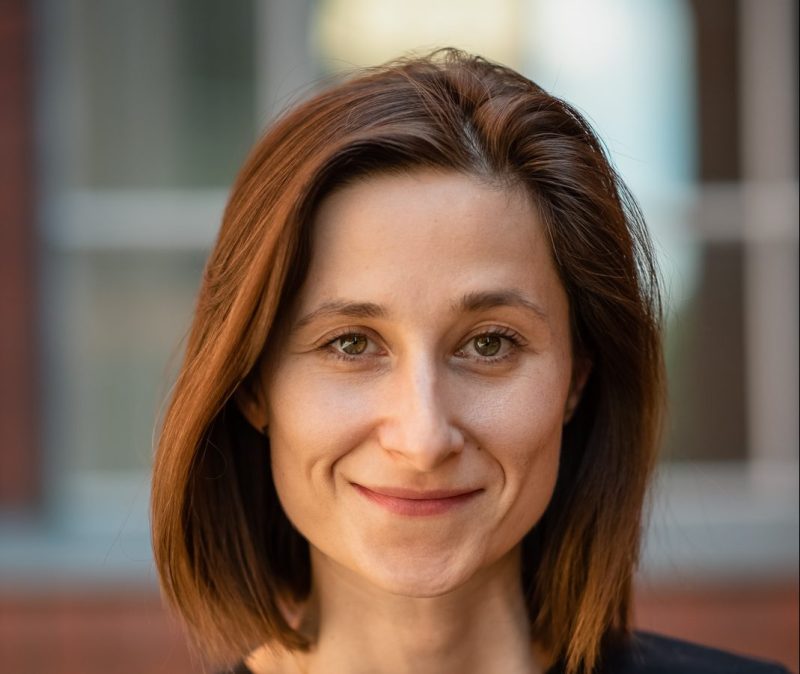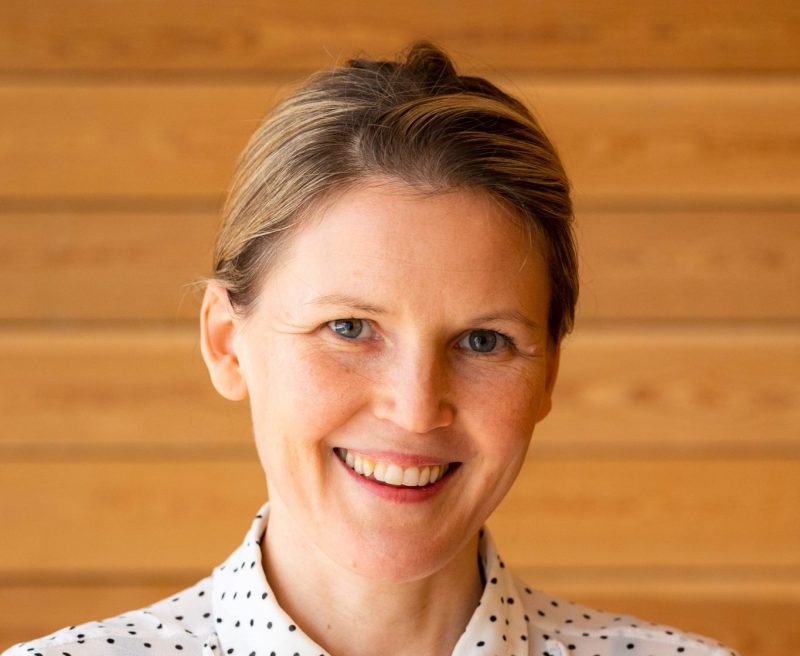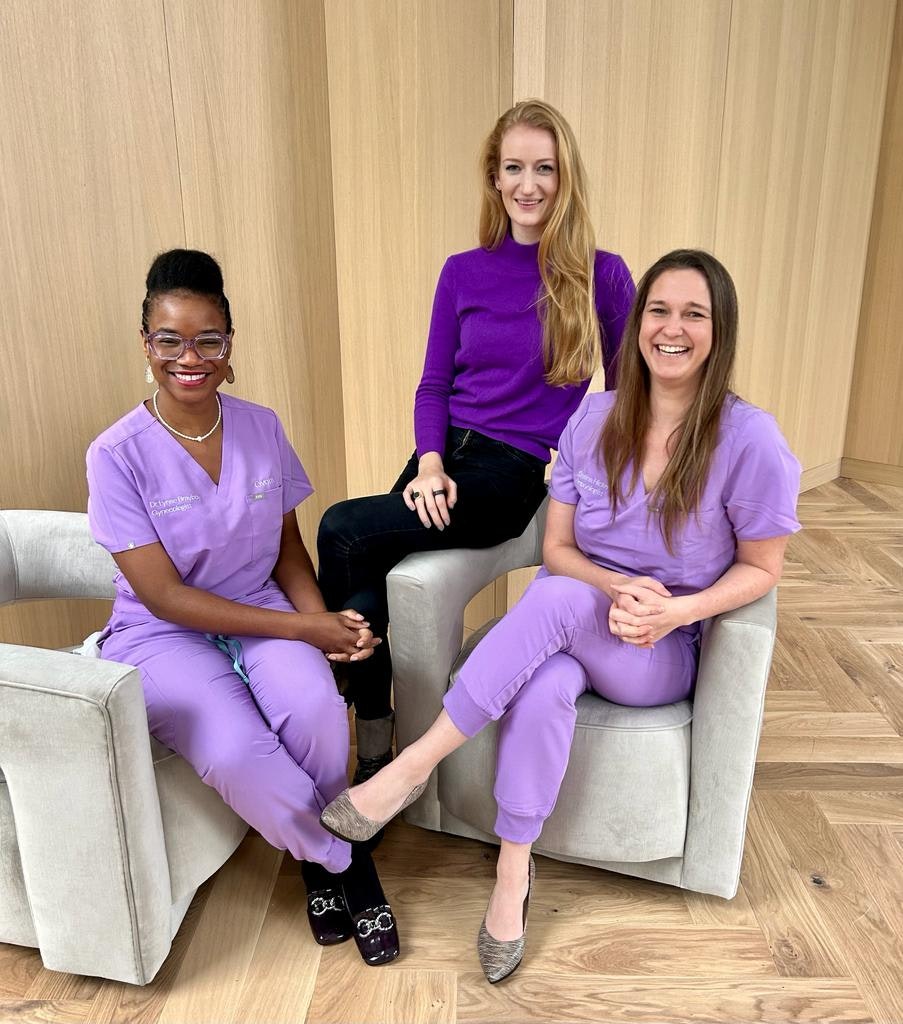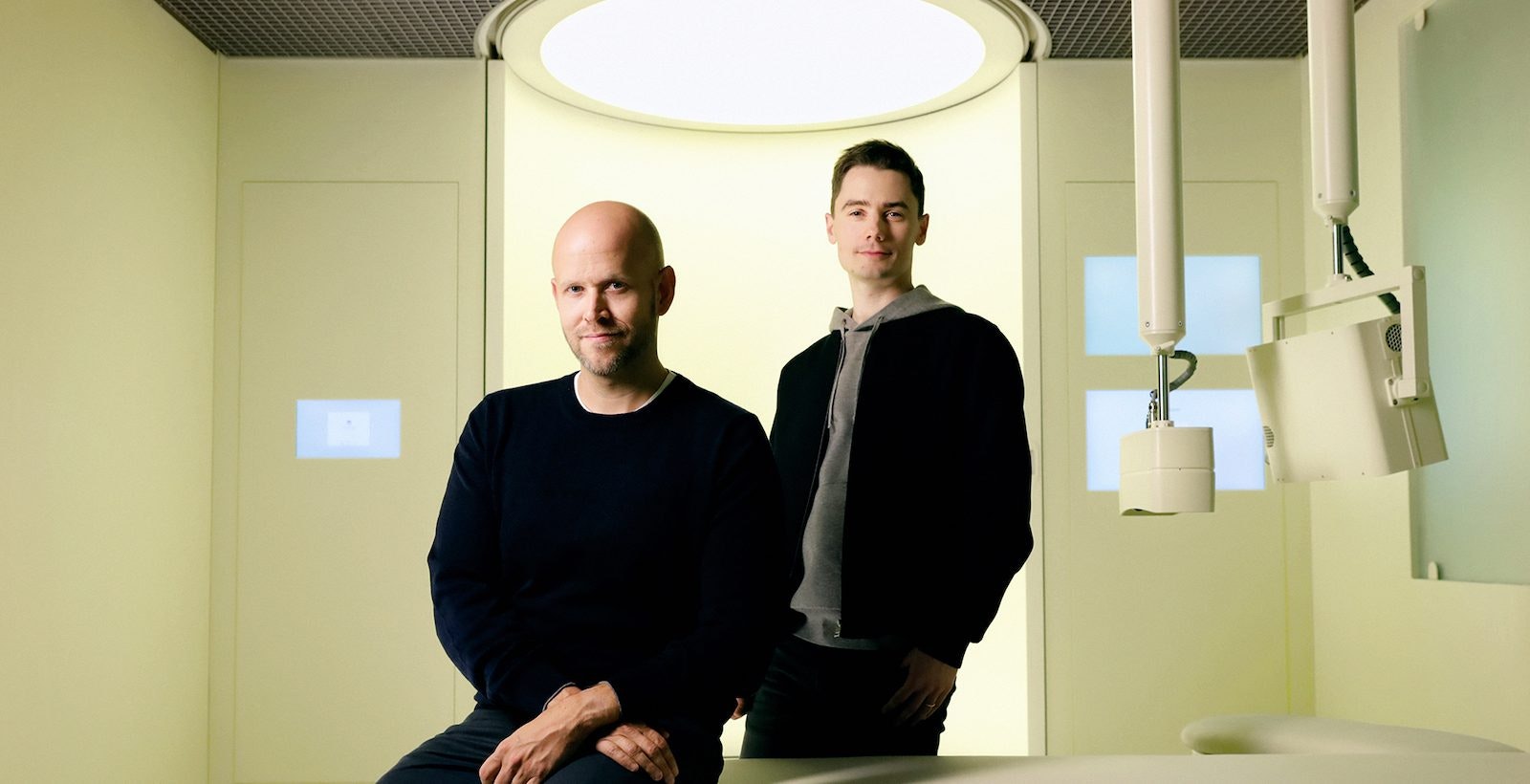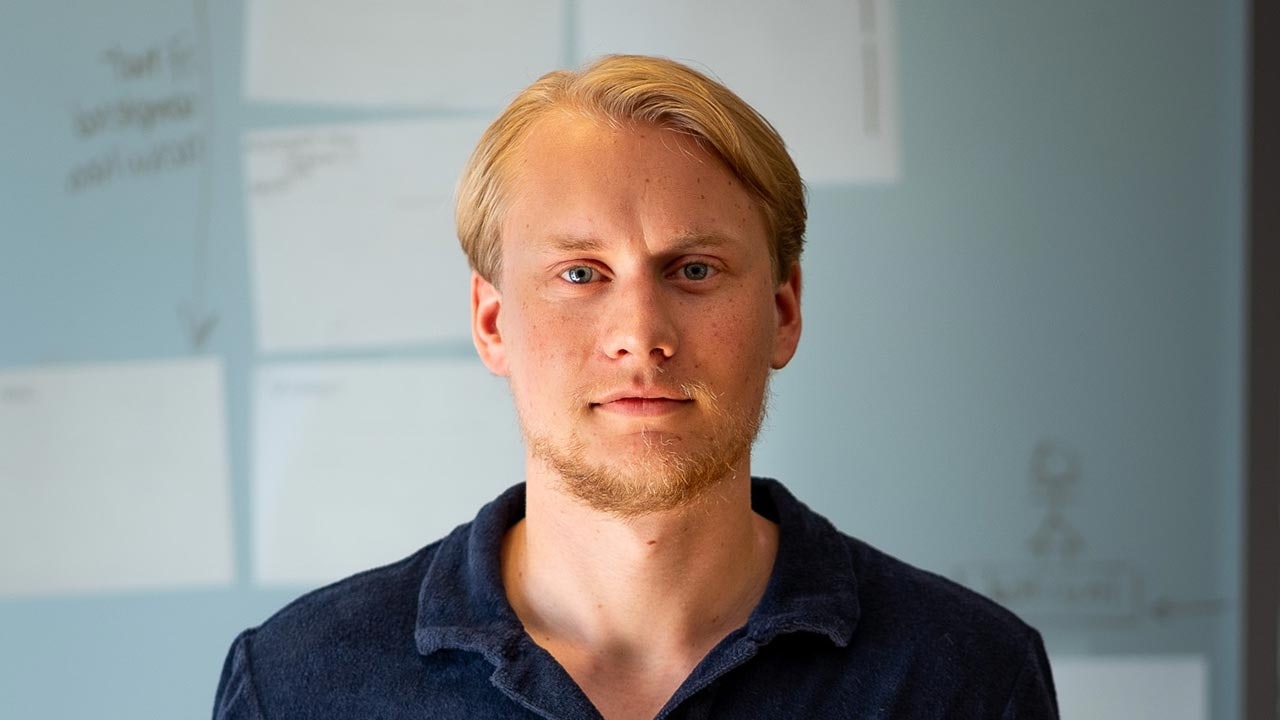Staff shortages, growing (and ageing) populations, as well as outdated legacy operating systems, are putting healthcare systems across the globe under increasing pressure — but as the problems become more acute, industry watchers think the rise of AI could offer a helping hand.
In some cases, it already is. Startups in Europe are deploying AI-powered tools across a range of use cases, from helping doctors work out how to treat patients and reduce burdensome admin tasks to speeding up drug discovery pipelines and treating mental health with AI chatbots.
There’s been big breakthroughs, too. Last month, research showed that UK-based startup Kheiron Medical Technologies’ AI breast cancer screening tool could sharply cut the number of missed early stage breast cancers by humans.
All this activity has led to renewed interest from VCs. After funding into European AI healthtechs dropped by more than half between 2021-2023 to $1.3bn, according to Dealroom, so far this year investors have already pumped $443m into the sector — nearly a quarter of all funds for AI startups in Europe in 2024.
But who have they got their eye on for the future? To find out, Sifted spoke to VCs from General Catalyst, LocalGlobe, Karista, Heal Capital, Balderton, Frontline Ventures and Calm/Storm. Here are their (non-portfolio) choices.
Alex Momeni, partner, General Catalyst
General Catalyst is a US-HQ’d, multi-stage generalist VC firm.
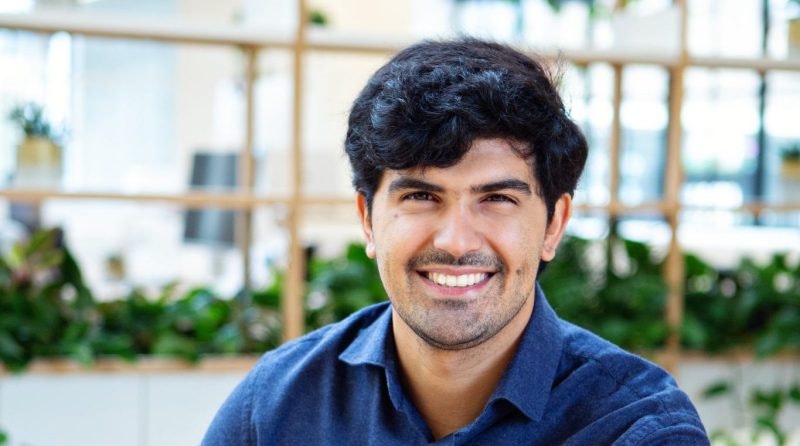
Scarlet — UK
One of the biggest blockers to improving access to high-quality care is the development lifecycle for regulated medical software. It takes too much time to get initial approval to bring the product to market and update it thereafter. This is the challenge Scarlet is solving by using software and AI to unlock continuous compliance. The startup has designed a framework to provide manufacturers with a way to build and update medical software products in a scalable way, enabling better, safer products to reach more patients.
Corti — Denmark
Corti is a supportive AI tool for clinicians founded in 2016. Its AI is designed to assist clinician-patient interactions and remove the clutter of administrative processes. Its medical platform has been trained on thousands of hours of real patient calls and consultations and is deployed alongside face-to-face interactions to provide actionable insights and suggestions to healthcare workers. It’s currently being used by A&E dispatchers to support fast recognition of cardiac arrests during emergency calls, as well as help midwives detect complications in birth and pregnancy.
Cradle — Netherlands
Developing new proteins requires years of painstaking research, but Cradle's innovative generative machine-learning models provide a significant time-saving solution. By predicting necessary alterations in a protein's genetic code, Cradle's models enable rapid iterations and improvements based on lab results. This accelerated feedback loop empowers biologists to achieve breakthroughs and discover new possibilities in protein engineering and medicines.
Baudouin Hue, partner at Karista
Karista is a French healthtech-focused early-stage VC.
Gabi SmartCare — Belgium
Gabi SmartCare offers an AI-powered remote monitoring platform for paediatrics. Its device and SaaS monitor child patients remotely, collecting data to improve diagnosis and treatment — allowing children to recover at home whenever possible.
WeOmics — Italy
WeOmics is building a data platform for gut health. Hosted in the Humanitas Hospital in Milano, it combines the world’s largest gastrointestinal health database with AI analysis to generate valuable insights. This not only strengthens medical evidence but also fuels advancements in digestive health research.
Aignostics — Germany
Aignostics uses AI to analyse tissue samples (like biopsies) for drug development. Its platform helps researchers identify promising drugs and which patients might benefit most from them, improving the efficiency and accuracy of drug development phases, from R&D to clinical trials. Founded in 2018, the Aignostics team has already developed a robust platform with thousands of measuring points and is collaborating with pharmaceutical industry leaders.
Marta Mrozowicz, investment manager at Heal Capital
Heal Capital is a healthtech-focused VC from Berlin.
CogStack — UK
CogStack has built natural language processing (NLP) and generative AI models for analysing clinical data, and is currently working with University College London Hospitals. The model also allows for multiple use cases and applications to be built on top of it, including medical coding.
Newton's Tree — UK
Newton's Tree is building a platform for easier and faster deployment of AI solutions in clinical settings — a process that is almost always a struggle for vendors and healthcare providers. The startup helps providers identify the tools they need and quality checks them to make sure they’re safe.
Sycai Medical — Spain
Sycai Medical is using AI in MRI and CT scans to screen for cancers of the upper abdomen — which is one of the deadliest forms of the disease, as it often produces no early symptoms and is hard to diagnose early.
Anathem.ai — UK
Anathem is using LLMs to reduce admin time for mental health professionals. The company is focusing on mental health clinicians who have to conduct complex assessments and correspondingly have a very high paperwork burden. LLMs are great for retrieving and summarising information and can significantly improve staff productivity and thus increase access for patients and decrease waiting times.
Julia Hawkins, general partner at LocalGlobe
LocalGlobe is a London-based generalist VC.
Phare Health — UK
Phare is developing AI products for the hospital back office, starting with medical coding, a laborious and largely manual task. With a founding team that has a combined background in hospitals, DeepMind, Google Health and AI science research, Phare’s ambition is to bring admin and hospital revenue cycle management into the world of LLMs, modernise the entire financial infrastructure of health systems and make hospitals financially more sustainable.
Fraiya — UK
Fraiya is applying AI to ultrasound scans. The team is aiming to reduce the time it takes to carry out anomaly scans and improve the detection of abnormalities, such as congenital heart diseases, which can be frequently missed in affected pregnancies.
Sivesh Sukumar, associate at Balderton
Balderton is a London-based VC backing startups at Series A and beyond.
Causaly — UK
Causaly is a ChatGPT-like generative AI platform that helps scientists conduct research more efficiently. The startup is viewed by the market as one of the most advanced and convenient tools for preclinical drug discovery.
Nabla — France
Nabla is an AI note taking tool that sits on top of a doctor's practice management system and helps them transcribe their appointments into clinical notes, and complete prescription forms and insurance claims. Its product aims to simplify and streamline administrative tasks for doctors.
William McQuillan, partner at Frontline Ventures
London and Dublin-based Frontline that backs B2B software companies
Tucuvi — Spain
Tucuvi automates the post-treatment calls clinicians need to do with patients. It saves them time and collects and manages the data far more efficiently, improving patient experience and treatment outcome and freeing up hospital resources.
Kheiron Medical Technologies — UK
Kheiron is using machine learning analysis of radiological imagery to help detect cancer. There is a shortage of radiologists globally, and Kheiron speeds up how much work a clinician can do and also improves decision making and detection.
Health Force AI — Austria
Health Force offers AI agents developed specifically to automate daily administrative tasks at hospitals in Europe. There are many very basic and repetitive tasks that need to be documented and filed in hospitals every single day. Health Force does many of these automatically, saving nurses and hospital administrators huge amounts of time.
Johannes Blaschke, principal at Calm/Storm
Calm/Storm is a healthtech fund, focusing on pre-seed and seed-stage founders.
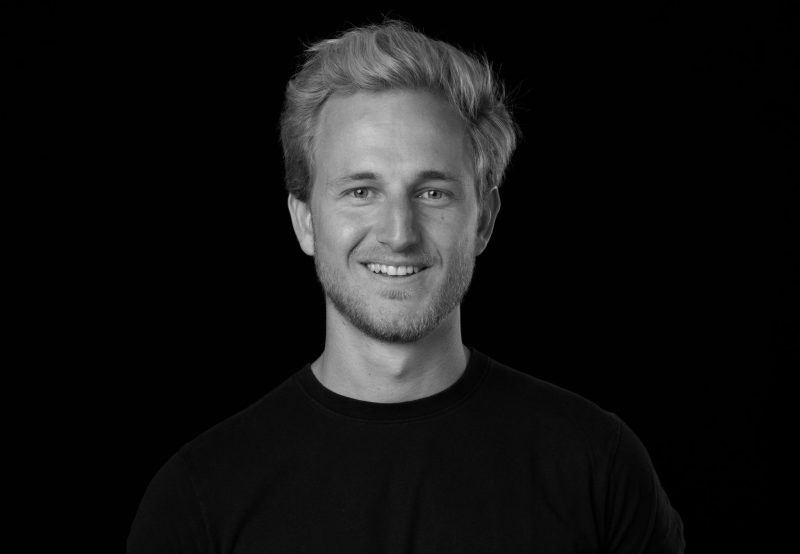
Rhazes.ai — UK
Rhazes.ai uses generative AI to manage paperwork and analytic tasks for clinicians. It offers three main features, including note-taking with document generation, rapid completion of billing paperwork and diagnostic support.
Curieo AI — Netherlands
Curieo is developing AI applications specifically designed for scientific discovery at life science companies. Its AI applications streamline research workflows and ensure robust data security. Tailored for healthcare professionals, pharmaceutical companies and researchers, Curieo provides a range of advanced tools aimed at converting research data into actionable insights.
